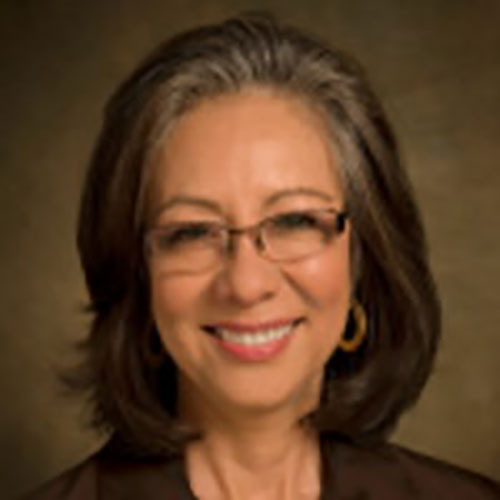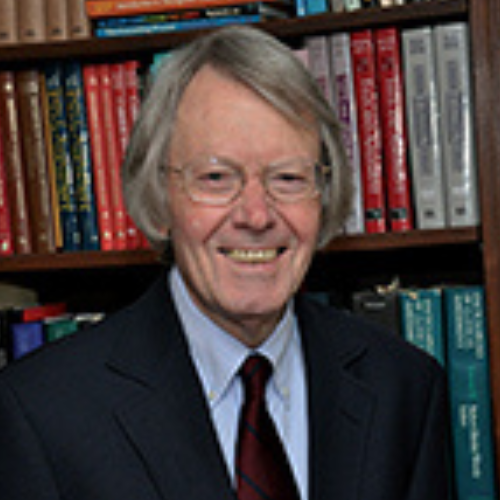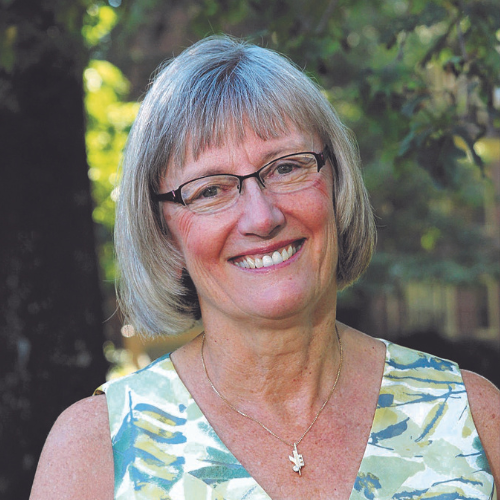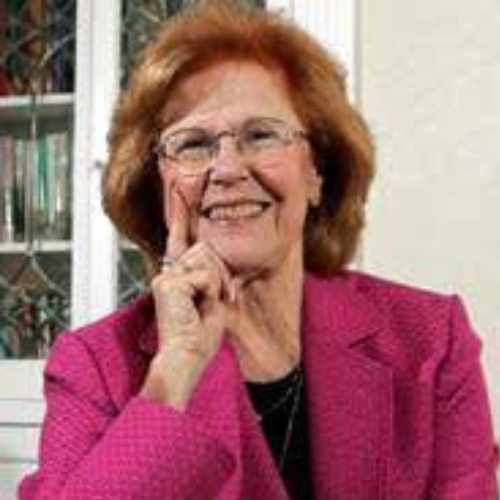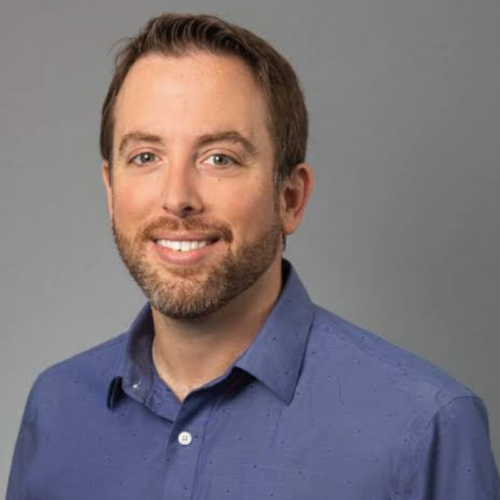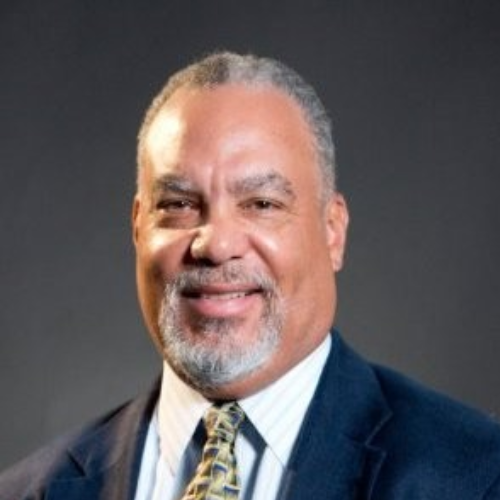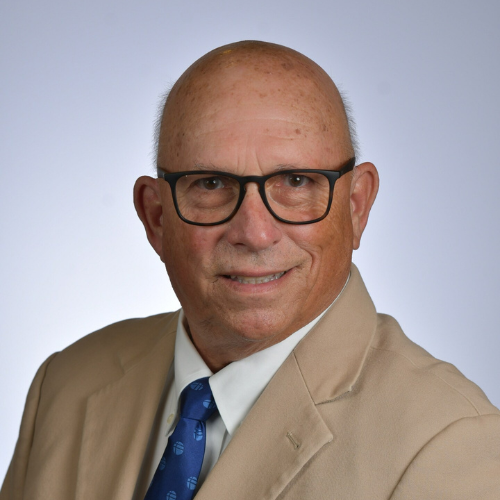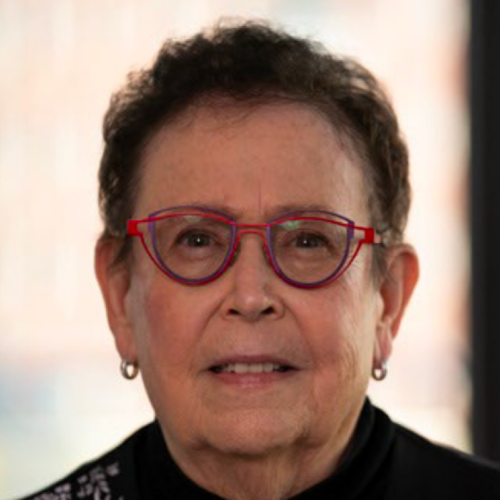Michelle Quist Ryder, PhD
CEO, Ex-officio
Michelle Quist Ryder, PhD, is a seasoned executive and research professional with over 18+ years of experience across the social psychology, clinical/counseling, and educational sectors. Serving as the CEO of APF since February of 2023, Dr. Quist Ryder brings an extensive background in cross-functional project management, multifaceted field research, program development, and various human-centric functions in both nonprofit and academic settings. Applying this as a liaison between psychology and social good initiatives, Dr. Quist Ryder focuses on leveraging psychology to solve critical issues and doing so in such a way that enables both present-day society and future generations to mutually benefit.
Prior to APF and with research specializations in motivation, Dr. Quist Ryder built a large inventory of experiences spanning the clinical/counseling, technology, bookkeeping, education, and publishing spaces. During this time, some notable roles included working as the Director of Marketing & Communications for a tourism nonprofit, as an Assistant Teaching Professor (focusing on cognitive and behavioral interventions) at Penn State. Prior to her appointment as CEO, Dr. Quist Ryder joined APF as the Program Director. In this role, she was responsible for the department’s budget, conducting DEI analysis, forming strong donor connections, and overseeing a portfolio of 75+ scholarships, grants, and awards.
Dr. Quist Ryder firmly believes that strong servant leadership leads to strong success; she respects the integrity of people and actionable research, and every effort that she makes in this space rests on her passion for continuous community growth and life quality progression.
